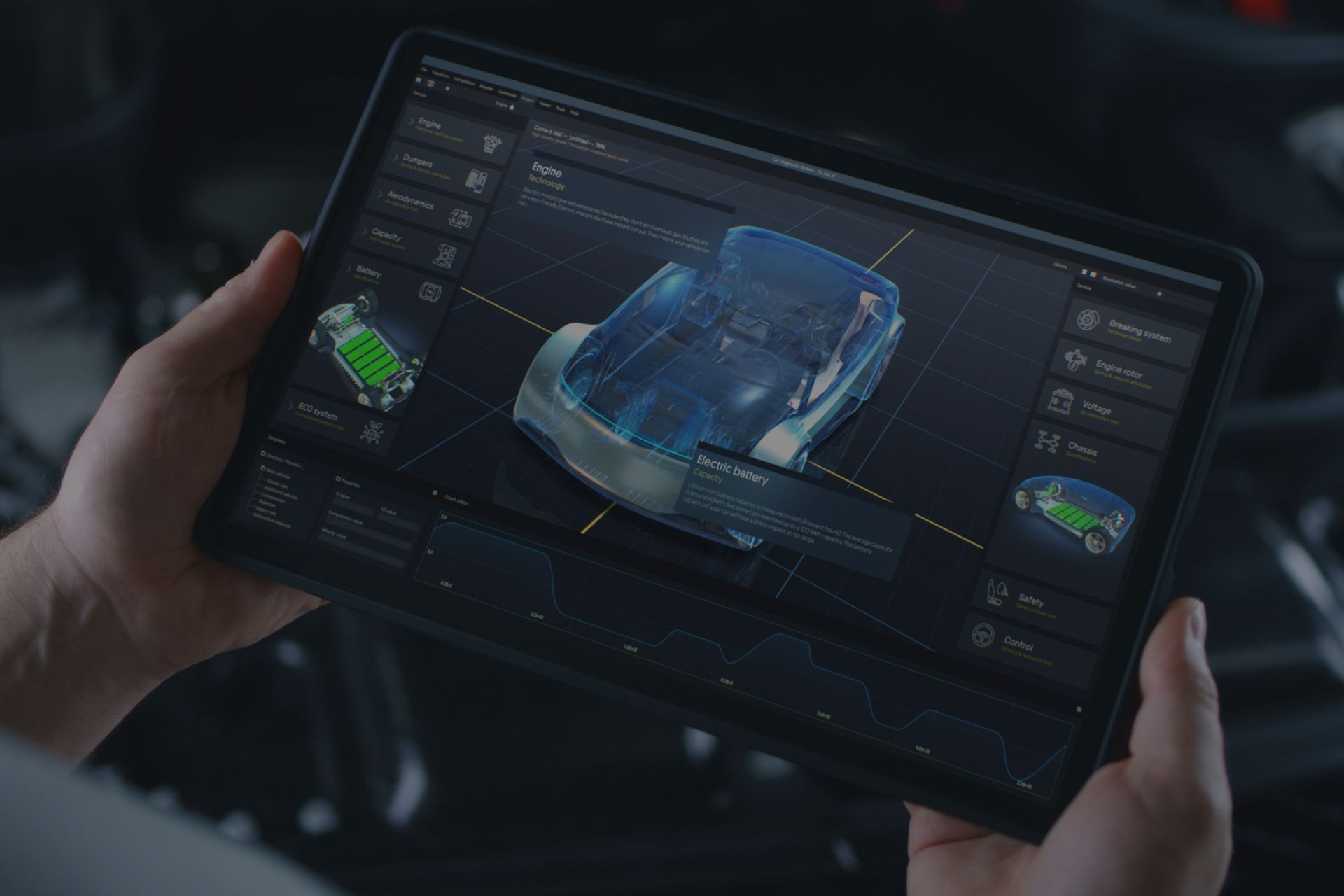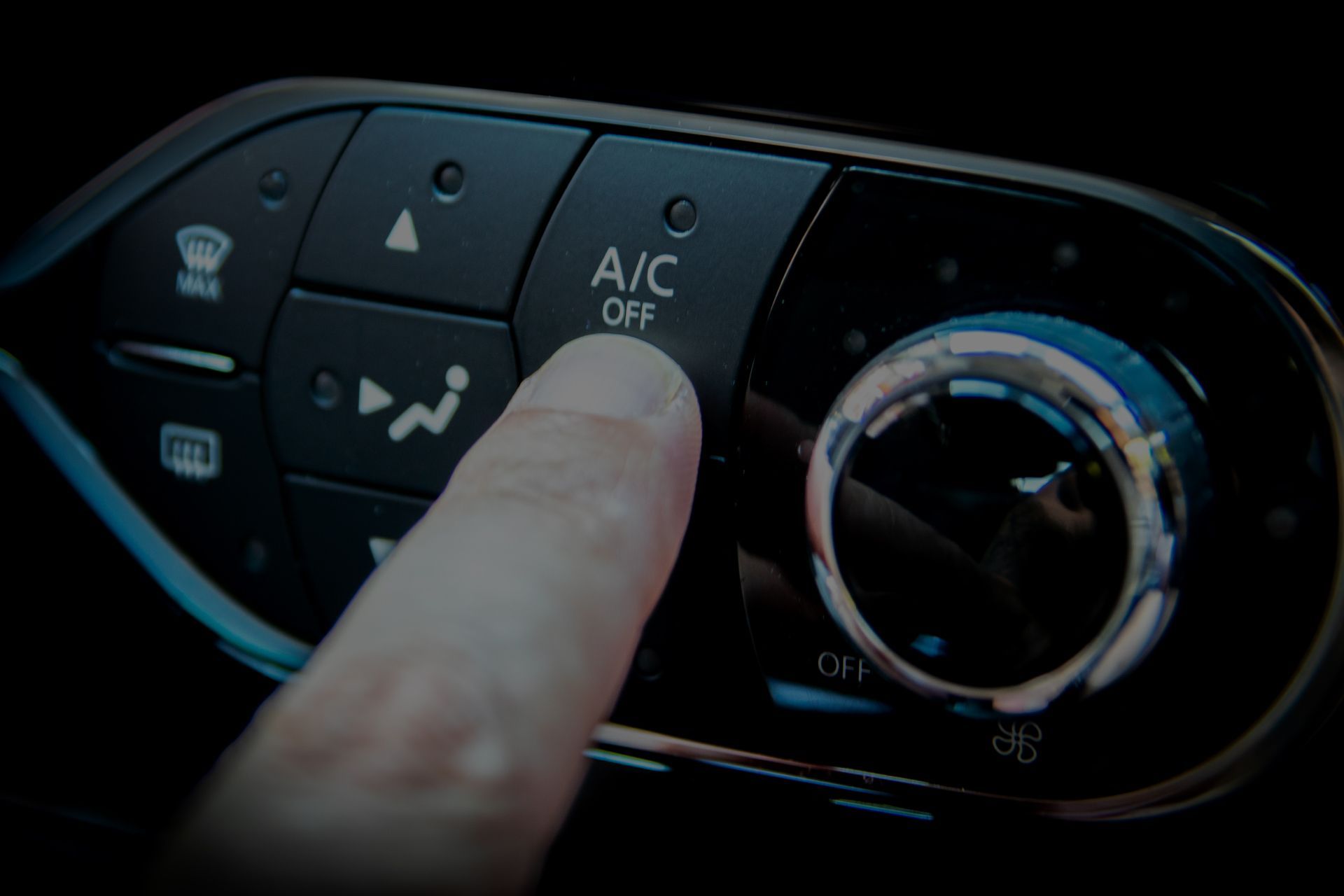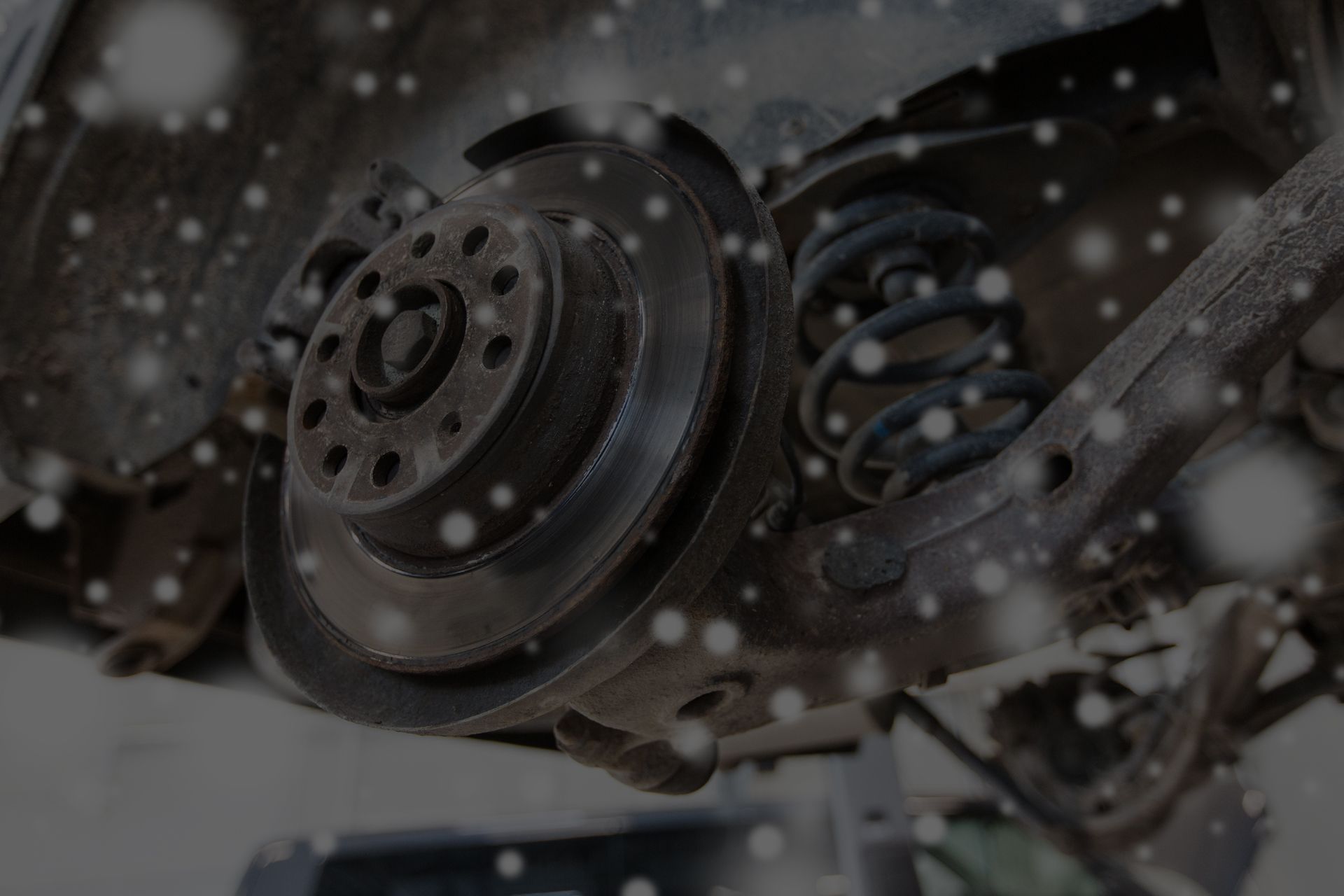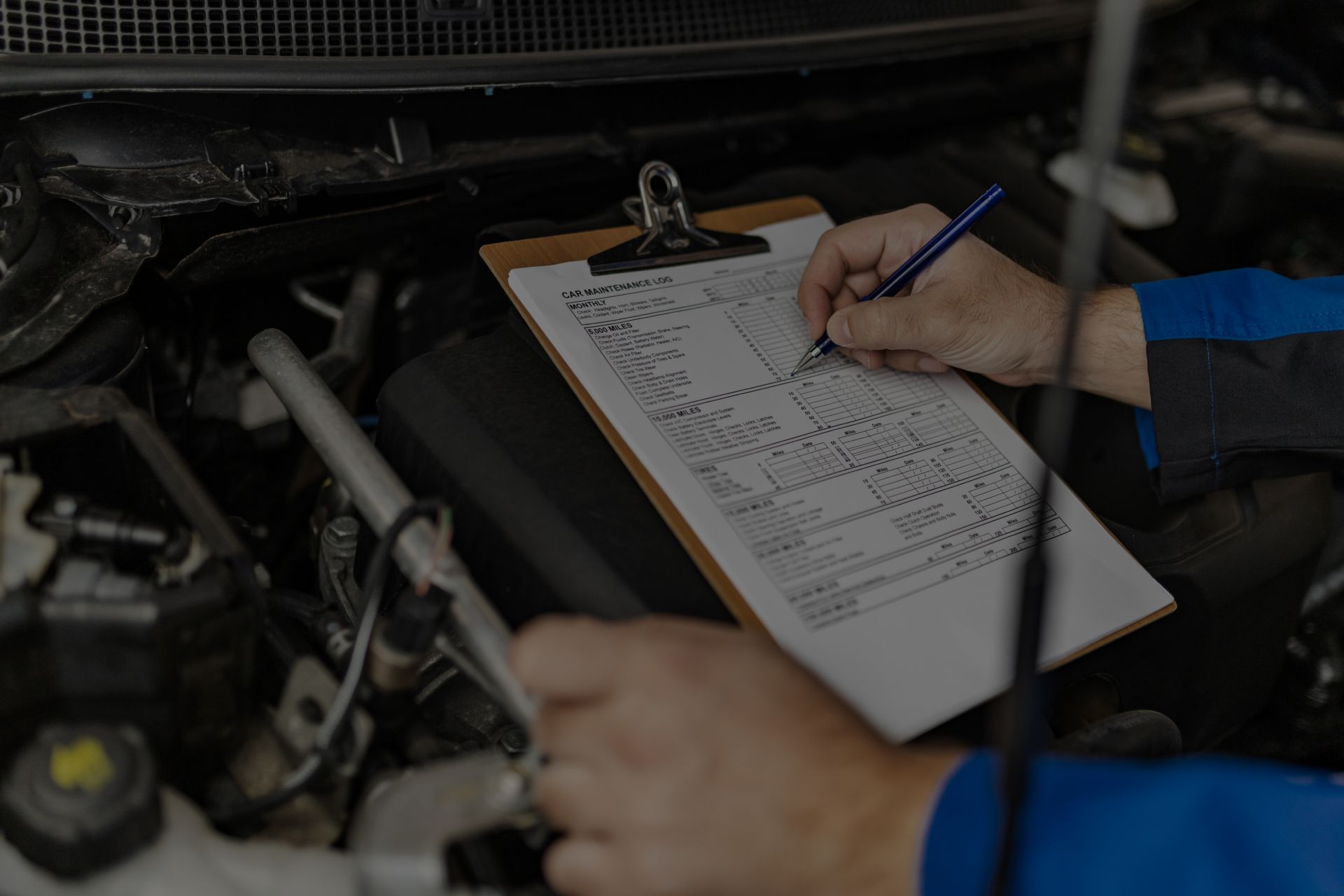Picture this: you're walking barefoot across a parking lot in downtown Denver on a sunny July afternoon. Within seconds, you're hopping from foot to foot, desperately seeking shade. That same pavement that's burning your feet is slowly cooking your tires every time you drive.
Denver's summer pavement temperatures regularly reach 140°F or higher – hot enough to fry an egg and definitely hot enough to damage your tires. Whether you're driving a BMW through LoDo, commuting to Aurora in your Honda Civic, or heading to the mountains in your Subaru, understanding how hot pavement affects your tires could save you from dangerous blowouts and expensive replacements.
Why Denver's Roads Get Dangerously Hot
Living at altitude means we get hit with 25% more UV radiation than cities at sea level. Our thin atmosphere simply can't filter out as much solar energy, and with over 300 sunny days per year, that energy has plenty of opportunities to heat up the asphalt.
The problem gets worse in urban areas. Dark asphalt absorbs nearly all solar energy and converts it directly to heat. Add Denver's typically low humidity – which means the air can't absorb much of that heat – and you've got a recipe for pavement hot enough to cause serious tire damage.
The urban heat island effect compounds the problem. All those concrete buildings, parking lots, and roads absorb heat during the day and radiate it back out, keeping pavement temperatures elevated well into the evening hours.
The Hidden Damage Hot Pavement Causes
Most drivers don't realize their tires are taking a beating until it's too late. Heat breaks down rubber at the molecular level, causing the chemical bonds that give tires their strength and flexibility to weaken over time.
Here's what happens when your tires repeatedly contact extremely hot pavement:
• Accelerated wear patterns develop as increased friction literally grinds away tread faster than normal • Sidewall damage occurs when heat causes the tire walls to flex beyond their design limits • Tread separation can happen when the layers of tire construction lose their bond due to heat stress • Pressure spikes occur as hot pavement heats the air inside your tires, causing dangerous pressure increases
For every 10-degree temperature increase, tire pressure rises 1-2 PSI. On a day when pavement reaches 140°F, that's a significant pressure increase that can lead to blowouts.
Spotting Heat Damage Before It's Too Late
Your tires will show warning signs if you know what to look for. Don't ignore these signs – in Denver's conditions, tire problems can escalate quickly from minor inconvenience to dangerous failure.
Watch for these indicators of heat damage:
• Small cracks in the sidewall or tread area (often the first sign of rubber breakdown) • Uneven wear patterns that indicate heat has affected tire pressure or contact • Bulges or bubbles in the sidewall (serious red flags indicating structural compromise) • Vibration while driving, especially at highway speeds • Frequent need to add air, which might indicate heat-related seal damage
Smart Strategies for Hot Pavement Driving
The good news is that you can take steps to protect your tires from Denver's brutal pavement temperatures.
Timing and Driving Style
If possible, avoid driving during peak heat hours (typically 2-6 PM) when pavement temperatures are at their highest. When you must drive during hot periods, use smooth acceleration and braking to reduce the heat your tires generate through friction. Avoid hard cornering or sudden maneuvers that create additional tire stress.
Parking Strategy
Seek covered parking whenever possible, even if it means walking a bit farther. If you must park in the sun, try to find areas with lighter-colored pavement that doesn't absorb as much heat. Concrete stays cooler than asphalt, and newer pavement often has reflective additives that reduce surface temperatures.
Load Management
Don't exceed manufacturer weight recommendations, especially in hot weather. Extra weight creates more friction and heat, compounding the stress from hot pavement.
The Pressure Problem and How to Solve It
Tire pressure management becomes critical when dealing with hot pavement. The key is checking pressure when tires are cool – preferably early morning before you've driven anywhere. Once tires heat up from driving on hot pavement, pressure readings become unreliable.
Never check tire pressure immediately after driving on hot pavement. The readings will be artificially high and could lead you to release air when your tires actually need more. Instead, establish a baseline pressure when tires are cool, then monitor how conditions affect that baseline throughout the day.
During Denver's hottest summer months, check tire pressure weekly rather than monthly. Remember that your tire pressure monitoring system (TPMS) typically alerts you only after pressure has dropped significantly. By the time the warning light comes on, heat damage may already be occurring.
Choosing Tires That Can Take the Heat
When it's time to replace tires, selection becomes crucial for Denver drivers. The right tires can make the difference between safe summer driving and dangerous blowouts.
Consider these factors when selecting tires for Denver conditions:
• Heat-resistant compounds specifically rated for high-temperature operation (look for "A" temperature ratings on sidewalls) • Adequate sidewall thickness – avoid extremely low-profile tires unless absolutely required • Quality construction from premium brands that invest in better heat-resistant materials • Appropriate load and speed ratings for your driving patterns • All-season capability if you drive year-round in varying Colorado conditions
Quality matters more in extreme conditions like ours. Premium tire brands use compounds and construction methods that handle heat stress more effectively. This isn't the place to cut corners – cheap tires often use compounds that break down quickly in high temperatures.
Keep Your Tires Cool and Your Driving Safe
Denver's hot pavement doesn't have to be a tire killer. With proper awareness, smart driving habits, and appropriate tire selection, you can minimize heat damage and maximize both safety and tire longevity.
Whether you're navigating downtown traffic in a German luxury sedan, commuting to the Tech Center in a reliable Japanese sedan, or hauling weekend gear in an American pickup, tire care becomes more critical at altitude.
ImportSports Performance understands the unique challenges Denver drivers face. Our ASE Certified technicians have been helping local drivers choose and maintain tires since 1997, and we know how our extreme pavement temperatures affect different vehicles and tire types.
Call us at (303) 752-2422
for a comprehensive tire evaluation tailored to Denver driving conditions. Located at 7667 E Iliff Ave, we can assess your current tires for heat damage, recommend appropriate replacements, and help you develop a maintenance routine that keeps you safely on the road.
Don't let hot pavement leave you stranded – schedule your tire consultation today and drive with confidence on Denver's challenging roads!






